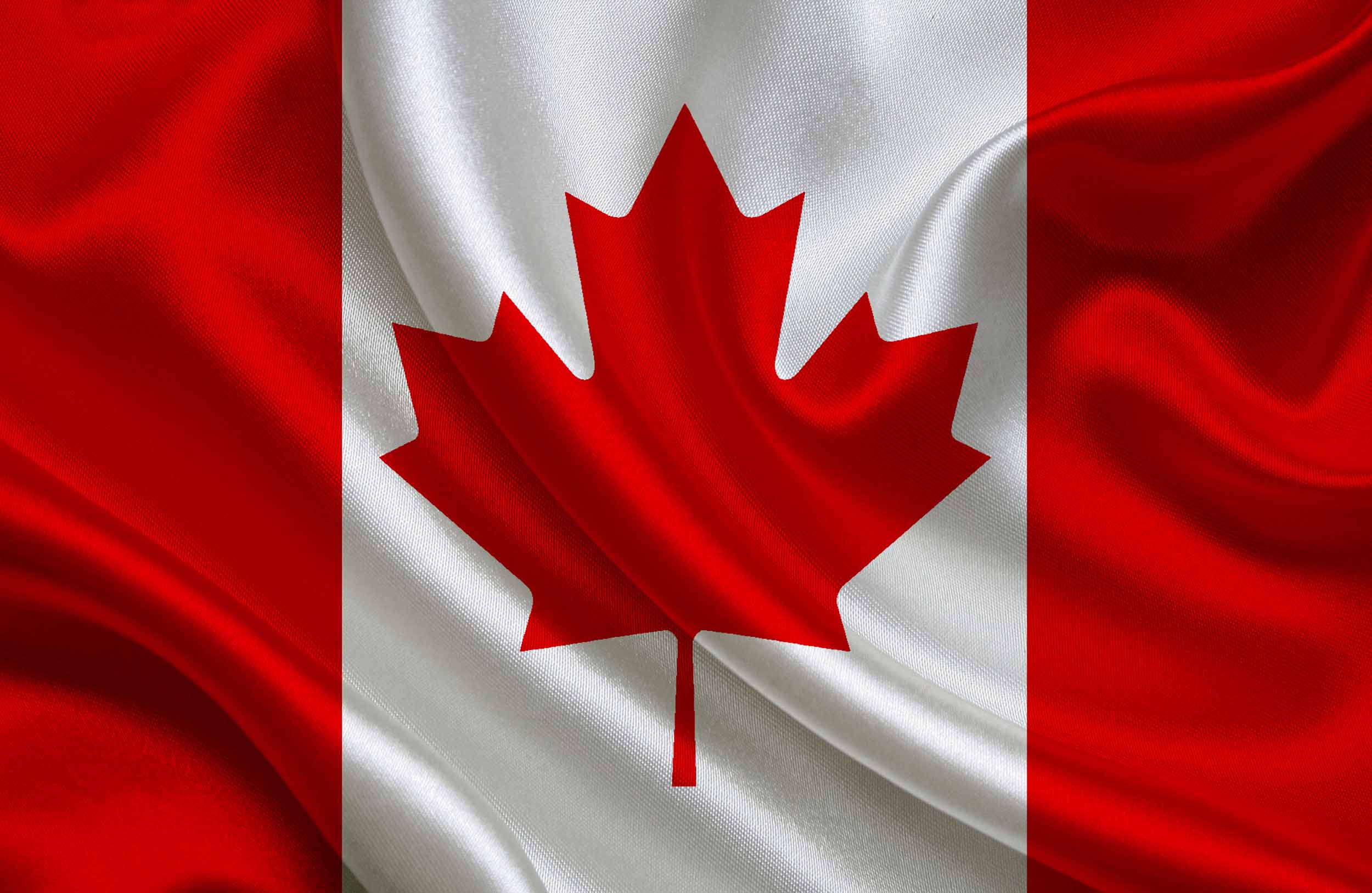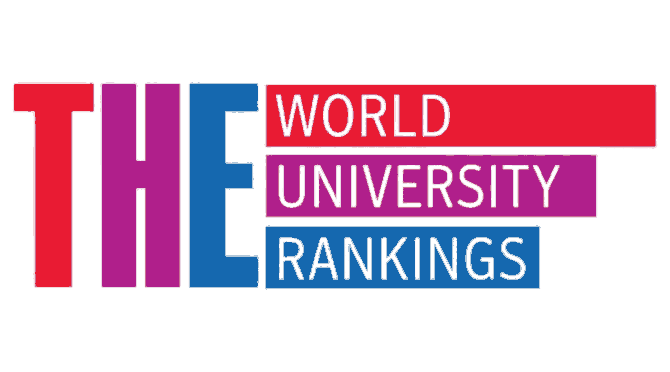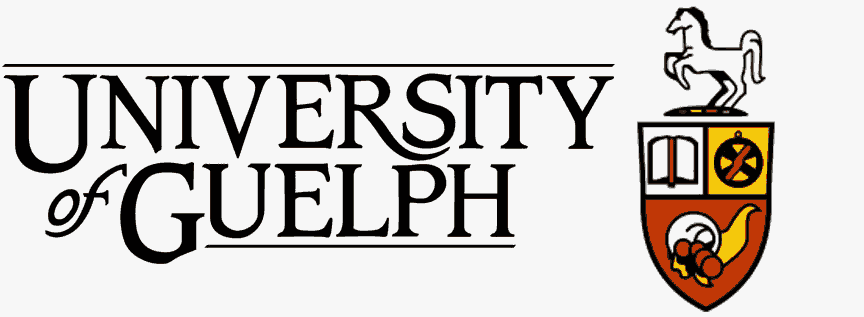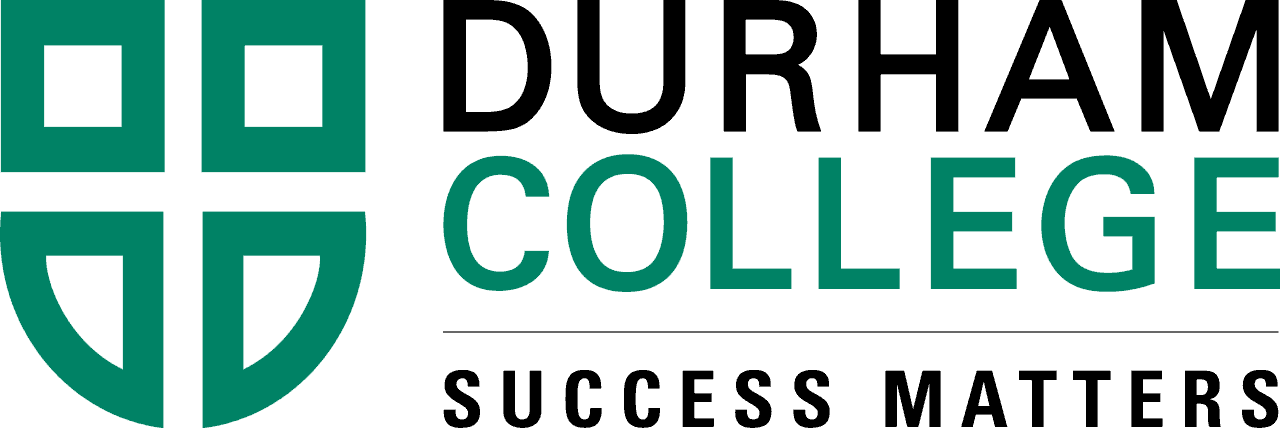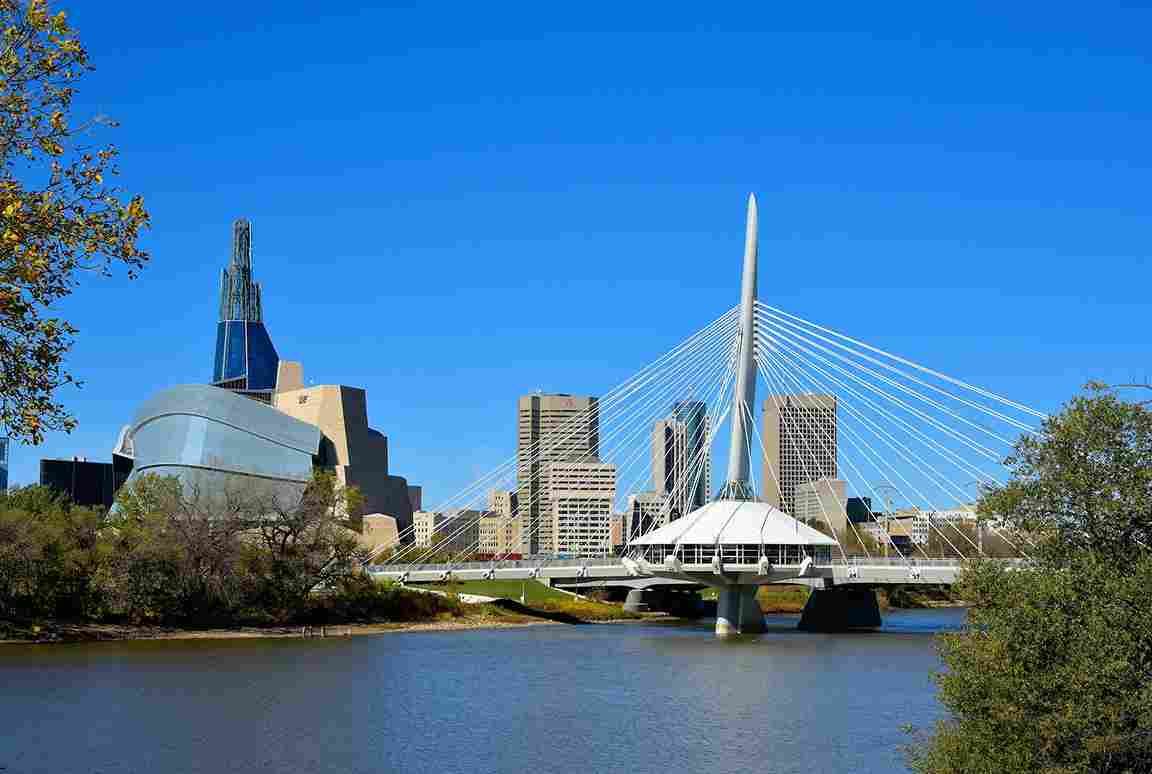STUDY IN CANADA FOR INTERNATIONAL STUDENTS | STUDY IN CANADA
Canada is one of the most sought-after study destinations for students from all over the world. International students are attracted to the great quality of education that Canadian universities offer, the relatively lower cost of living, availability of better opportunities post studies, liberal government policies, and the multicultural environment of Canada.
